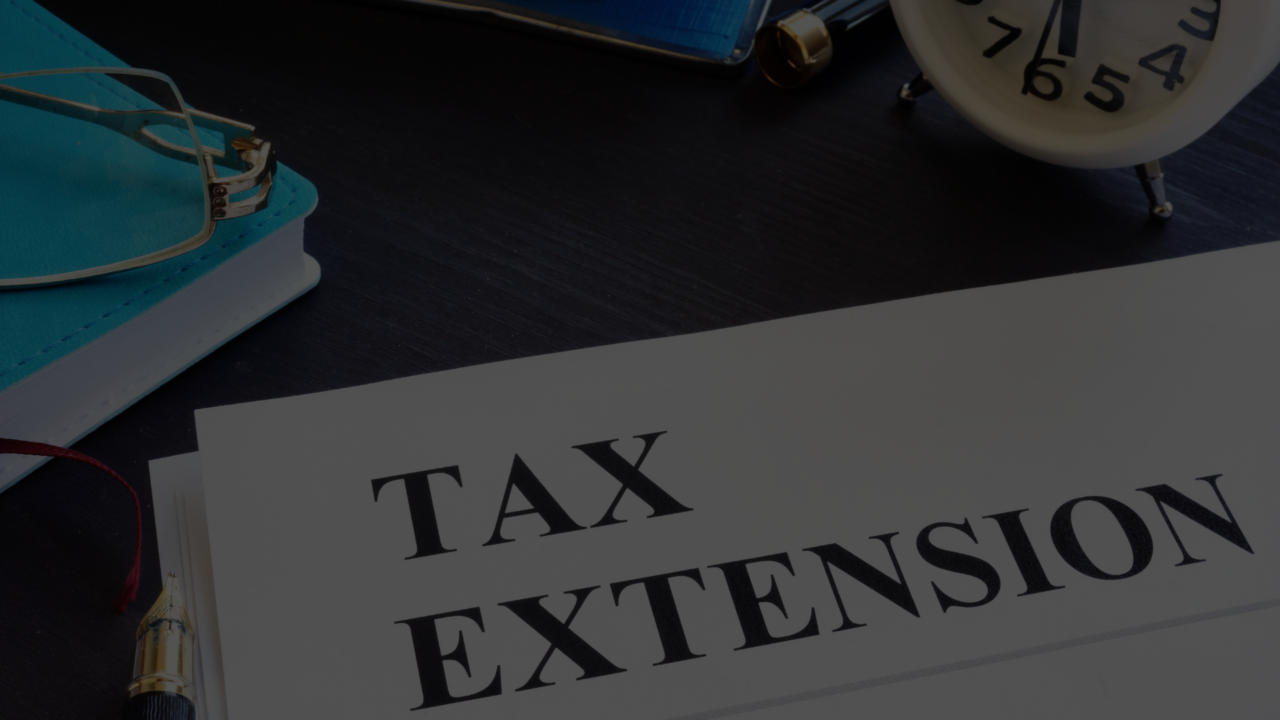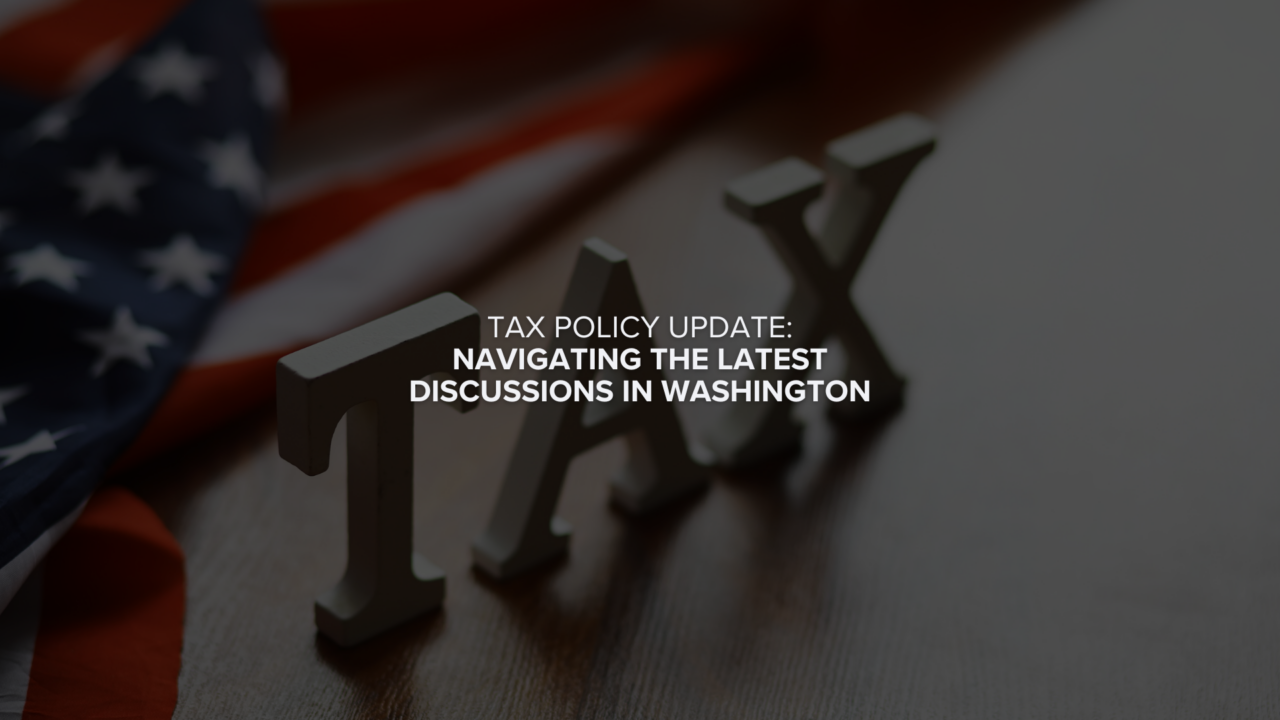As a growing business owner, you wear a lot of hats—CEO, sales manager, logistics coordinator, maybe even HR. But one area that often gets overlooked is how global trade policy, specifically tariffs, can affect your bottom line.
At Anthem, we work closely with businesses of all sizes, across industries, and many of our clients have asked:
“What exactly is a tariff, and should I be concerned?”
This blog breaks down what tariffs are, how they impact your business operations and finances, and what strategies we recommend as your trusted CPA partner—with zero political commentary. Just practical guidance, tailored for business owners like you.
A Fractional CFO acts as your strategic financial guide, helping you interpret the real impact of tariffs on your business so you’re not navigating these changes alone.
What Is a Tariff?
A tariff is essentially a tax placed on imported goods and services. It’s imposed by the government on specific products coming into the country. The goal is often to protect domestic industries or generate revenue—but the end result can vary for businesses: tariffs can result in higher costs.
Tariffs can vary by:
- Product type
- Country of origin
- Trade agreements in place
How Tariffs Affect Small Business Owners
Even if you’re not directly importing goods yourself, tariffs can still affect you in several ways:
1. Increased Costs of Goods
If you buy inventory, parts, or supplies from companies that import, you may feel the effects of tariffs through price increases.
2. Disruptions to Your Supply Chain
Tariffs can shift global supply chains. A vendor you rely on may suddenly face delays or price hikes because they’ve had to source new materials.
3. Profit Margin Pressure
For growing businesses operating on tight margins, even a 5–10% increase in product cost due to tariffs can be significant—unless pricing strategies are adjusted.
4. Uncertainty in Planning
Tariff policies can change quickly. This instability can make it harder to forecast costs, cash flow, and even staffing needs.
A Fractional CFO builds flexible financial models that perform margin analysis and scenario planning that account for uncertainty, ensuring your business can react quickly without sacrificing cash flow or profit.
Common Industries Affected by Tariffs
We’ve seen the impact of tariffs across a variety of growing business industries, including:
- Wholesalers and Distributors import a wide variety of products from many countries around the world
- Retailers importing clothing, shoes, electronics, or home goods
- Manufacturers sourcing steel, aluminum, or mechanical components
- Construction companies using imported materials
- Agriculture businesses that rely on equipment or export markets
Even eCommerce sellers sourcing products overseas are impacted when tariffs are in play.
What Can You Do About Tariffs?
You can’t control international trade policy, but you can plan around it. Here are a few strategies we help our small business clients consider:
1. Know Your NAICS Codes
Tariff rates are often applied based on industry codes. We can help you identify how your goods are classified and whether they’re affected.
2. Talk to Suppliers
Ask if suppliers have changed sourcing or pricing due to tariffs. This gives you a better understanding of where price increases really come from.
3. Build Tariff Costs into Your Pricing Model
If tariffs are increasing your costs, it may be time to revisit your pricing. We help clients run margin analyses to protect profitability.
4. Diversify Your Vendors
If you’re too reliant on one source, consider diversifying to reduce your exposure to tariffs and global disruptions.
5. Tax Strategy Planning
Some businesses may qualify for deductions or credits based on import/export activity. We’ll help you explore every possible option to reduce your tax burden.
Anthem Can Help You Navigate Tariffs—Without the Politics
Our job at Anthem isn’t to take sides—it’s to help your business thrive in any economic environment. Whether you’re importing goods, selling products that are indirectly affected, or just want clarity on your financial exposure, we’re here to walk you through it. With a Fractional CFO on your side, you’ll gain not just clarity, but confidence through proactive analysis, margin protection, cash flow planning, and strategic resilience.
Got Questions About Tariffs and Your Financial Strategy?
Reach out to schedule a consultation—we’ll break it down in plain English and help you make informed, strategic decisions.




